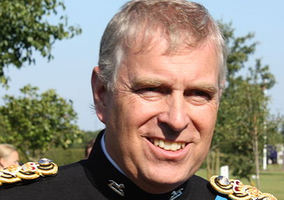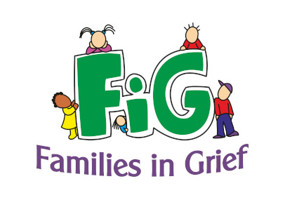The Animal Health Trust (AHT) will close after coronavirus exacerbated financial issues and it was unable to secure sufficient funding to continue.
In the financial year ending 31 December 2018 it had an income of £15m, with spending of £17m. It employed around 260 people.
The charity was founded in 1942 and is a veterinary and research charity based in Suffolk. It obtained royal charter status in 1963 and the Princess Royal is its president.
In a statement on Friday, trustees said: “It is with deep regret that today we have announced to our colleagues that the Animal Health Trust’s board of trustees have concluded that the Trust needs to close and next week will formally begin the process to wind-up the AHT.
“The decision to cease operations has been reached after several months of trying to secure funding. Although substantial progress was made, the charity has been unable to secure the significant funds it needs to have a long-term viable future.”
Warnings
The charity has operated at a deficit for three years and its most recent annual accounts warn that the deficits on two pension schemes “pose significant risks”.
The accounts also explain measures AHT was taking to restore its financial position. These included cost-cutting exercises, increasing the charity's overdraft, and attempting to sell some property.
In March the charity warned: “We are devastated to announce that following a period of dire financial constraints, and now with the economic implications of Covid-19 having a direct effect on funding, our charity is facing imminent closure.
“The Animal Health Trust has been in existence for more than 75 years and makes a significant difference to the health and welfare of animals.
“Much of the work we do is unique, and without us this work will cease, putting thousands of animals at risk from disease and injury.”
Most of the charity’s income came from delivering clinical activities (£11.4m). It stopped accepting referrals in March due to the government’s coronavirus advice for people to stay at home.
Related articles












